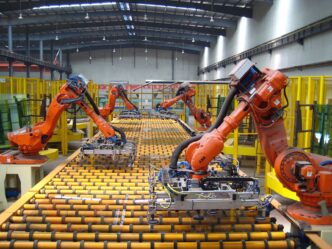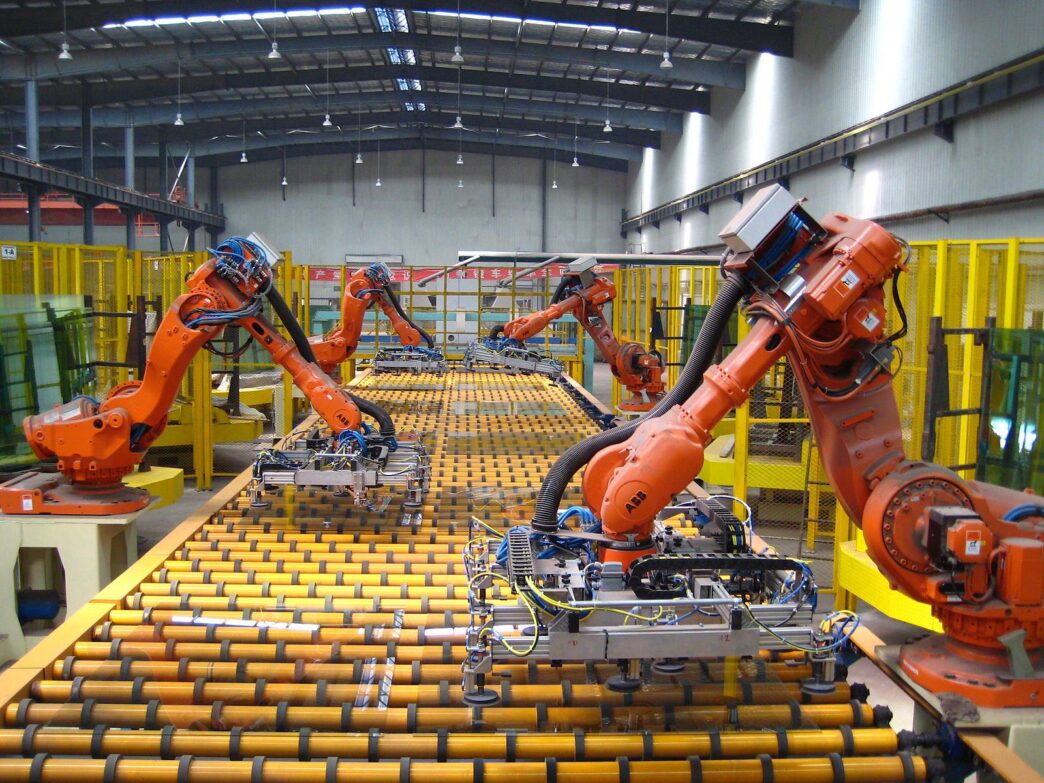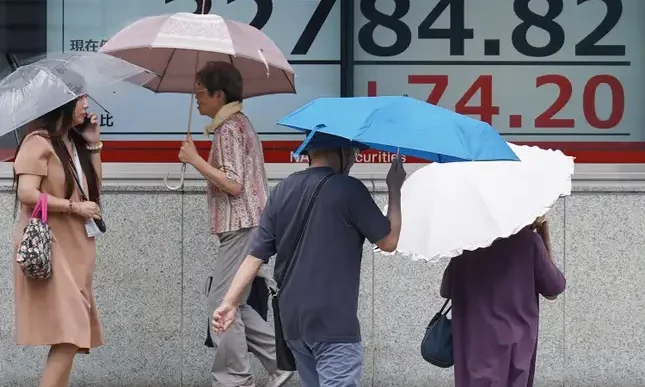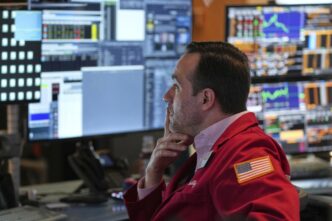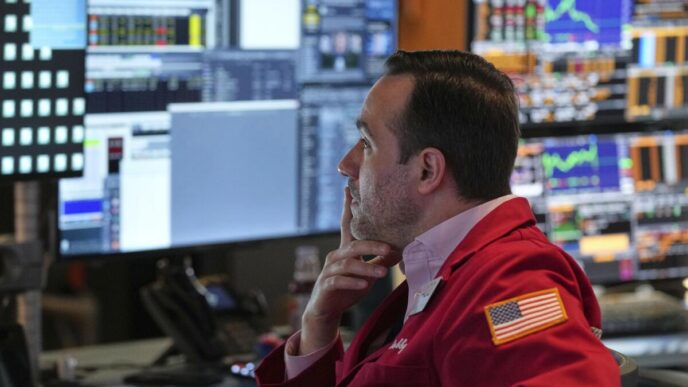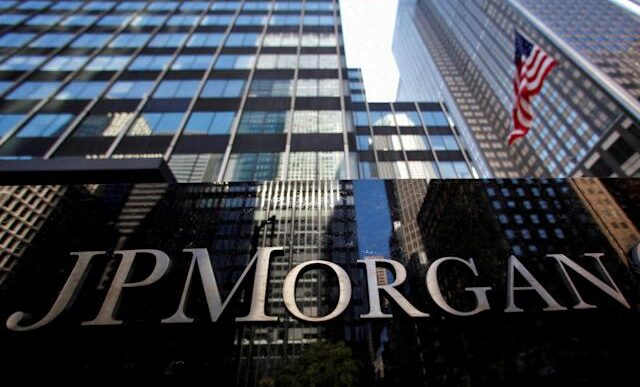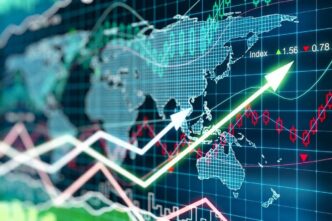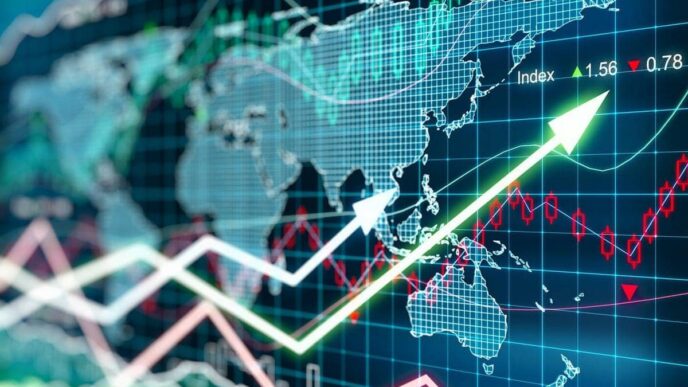Economic progress has always been defined by fundamental shifts in what society values. From early agrarian systems to the industrial revolutions that mechanized production, each new era has rewritten the rules of work and prosperity. The late 20th century ushered in the knowledge economy, placing information and expertise at the core of progress. Now, with artificial intelligence (AI) reshaping industries, we stand at another crossroads.
“The knowledge economy is fading,” says Aneesh Raman, Chief Economic Opportunity Officer at LinkedIn. “We’re moving into an innovation-driven economy where human creativity takes center stage.”
A New Economic Model
For decades, the knowledge economy thrived on information processing, storage, and distribution. However, AI has upended this paradigm. Machines can now analyze vast datasets, detect patterns, and generate human-like text in mere seconds—tasks that once required years of expertise. But while AI excels at processing information, it lacks the ability to define meaningful problems, imagine new possibilities, or create without human input.
As AI takes over knowledge-based tasks, the workforce is shifting toward roles that leverage human ingenuity, problem-solving, and adaptability. Instead of asking, “What will humans do after AI?” the focus is now, “What’s possible when humans and AI work together?”
AI: Job Destroyer or Job Creator?
Despite fears of widespread job loss, AI is expected to transform rather than eliminate work. By 2030, nearly 70% of the jobs that will exist have yet to be created. The AI market itself is forecasted to surpass $800 billion, fueling new industries and opportunities. Companies are rapidly adopting AI-driven automation, with 73% of businesses investing in AI to increase productivity and access untapped markets, according to Accenture.
Yet, the real challenge isn’t the disappearance of jobs—it’s whether individuals and organizations are prepared to evolve. “We’re shifting from humans supporting technology to technology supporting human potential,” says Raman. As NVIDIA CEO Jensen Huang puts it, “You won’t lose your job to AI—you’ll lose it to someone who knows how to use AI.”
The Skills Gap and the Innovation Divide
While AI presents immense opportunities, it also exposes deep systemic gaps. In the UK, a lack of AI expertise has widened the digital skills gap, with 43% of business leaders struggling to hire AI talent domestically and turning to international recruitment instead.
Beyond technical skills, economic privilege remains a powerful determinant of who gets to innovate. Research from MIT shows that children from high-income families are 10 times more likely to become inventors than their lower-income peers—a phenomenon dubbed the “Lost Einsteins” problem. If the innovation economy is to reach its full potential, businesses and policymakers must break down barriers by investing in diverse hiring, inclusive education, and accessible career pathways.
Humans and AI: A Partnership, Not a Rivalry
The AI debate has often swung between two extremes—either as an existential job killer or an overhyped fad. The reality lies in between: AI will be a powerful tool, but its impact depends on how humans integrate it into their work. Organizations must cultivate roles that emphasize human-AI collaboration, encourage cross-functional learning, and foster adaptability.
While AI can enhance efficiency, creativity, and personalization, it remains just that—a tool. The future of work won’t be about competing with AI but about harnessing it to unlock human potential in ways previously unimaginable.

